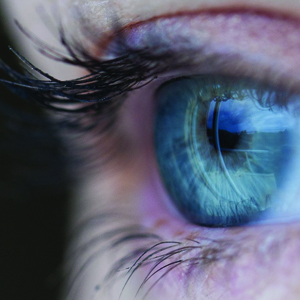DHEA Resources
Dehydroepiandrosterone (DHEA) is the most abundant hormone produced by the adrenal glands, and plays many important roles in our general health. The resources below describe just a few ways that this amazingly versatile hormone improves our ability to survive and thrive.
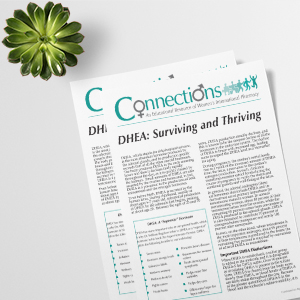
DHEA
DHEA is a highly versatile hormone. Ongoing research continues to explore the role of DHEA and its potential effects on many aspects of our health.
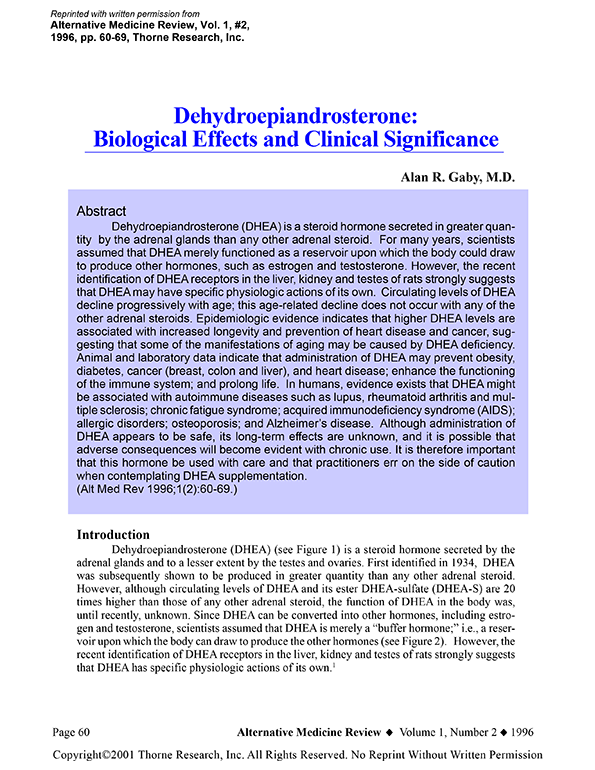
DEHYDROEPIANDROSTERONE
This journal article by Alan R. Gaby provides an overview of DHEA’s roles in the human body, affects on health, and the clinical significance of using hormone replacement therapy to maintain balance.

DHEA AND HEALING SKIN WOUNDS
One of the problems of aging is that it impairs the rate of wound healing in the skin; slowed healing ability may be associated with age-related decreases in DHEA.
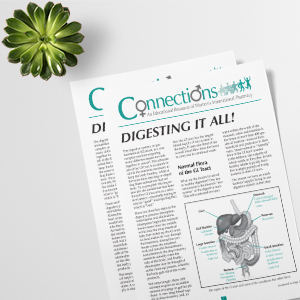
DIGESTING IT ALL
Because it promotes cell growth and repair, DHEA can help speed up the repair of the inflamed tissues in the GI tract.
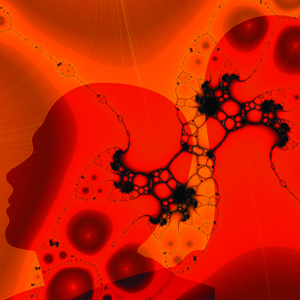
HORMONES ON OUR MINDS AND NERVES
Research indicates that “sex” hormones such as DHEA are so important to neural function that they are also independently produced by neural tissue.

IS DHEA BENEFICIAL TO AGING SKIN?
Many benefits have been associated with DHEA, leading some to call it a “super hormone”–but does this reputation extend to the skin?
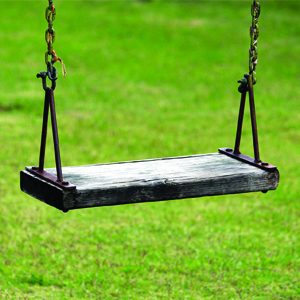
INFERTILITY
Autoimmunity plays an important role in infertility. Both progesterone and DHEA have been effective in quelling some of the overactive immune components.

IT’S ALL ABOUT BALANCE
Dehydroepiandrosterone has been called “the mother of all hormones” because it monitors, supports, and regulates the functions of other steroids in their immune system activity.
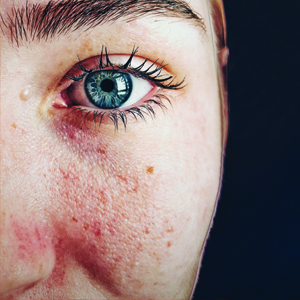
READING YOUR FACE
If you know what to look for, the reflection of your face in a mirror can reveal signs of a hormone imbalance, including DHEA deficiency.


